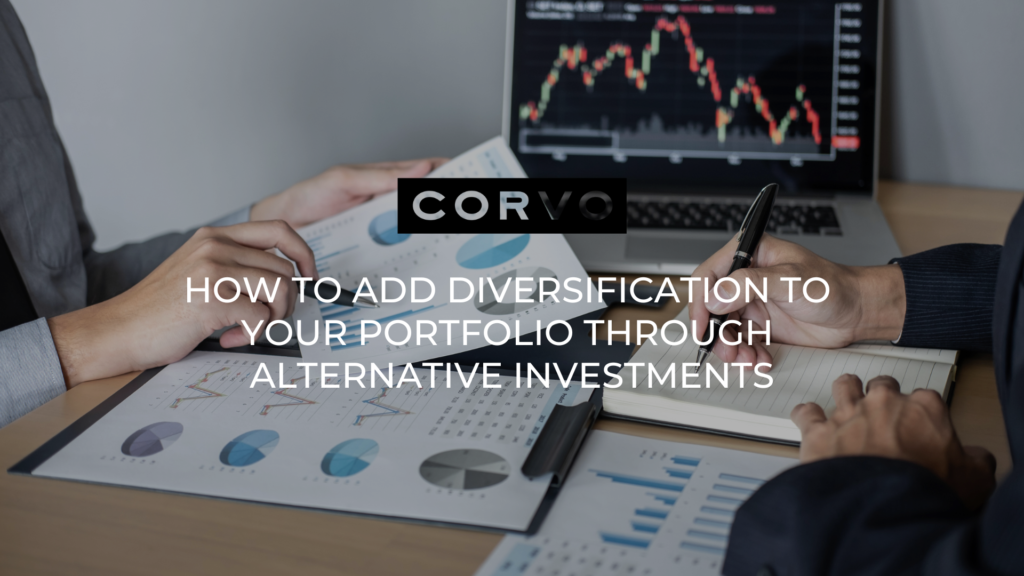The saying “don’t put all your eggs in one basket” warns against putting all your money into one place. You’d lose every egg if something were to happen to that basket. Spreading out your assets will help to reduce that risk. This saying clearly illustrates the importance of portfolio diversification when used in relation to investment.
WHY DIVERSIFY YOUR PORTFOLIO?
The idea of complementarity, which describes the extent to which two or more assets move in opposition to one another under certain conditions or circumstances, is the foundation of portfolio diversification.
Regardless of the risk profiles of the individual investments that make up a portfolio, risk can be reduced by choosing complimentary investments. Consider being a portfolio manager who decides to invest in Investment A and Investment B, two stocks. Investment A is made in a package delivery business, and Investment B is made in a provider of video conferencing services. Even if both investments are extremely dangerous, the fact that they are not in industries that are closely related lowers the overall risk of the portfolio.
For instance, the stock price of Investment A may decrease if there was a gas shortage, and the business was unable to deliver packages. However, since videoconferencing wouldn’t be badly harmed by a gas shortage, Investment B’s stock price might rise. Even some people might decide to buy the videoconferencing platform and work from home because of the gas scarcity, which would make Investment B’s performance negatively associated with Investment A. To spread out risk, you are essentially putting your “eggs” (money) in several “baskets” (investments).
Alternative investments: What Are They?
Any investment that is not made in stocks, bonds, or cash is considered an alternative investment. Alternatives are mostly unregulated by the United States Securities and Exchange Commission and relatively illiquid, meaning they can’t be quickly converted into cash (SEC).
The following are some of the popular categories of alternative investments:
- Hedge funds, which pool the funds of numerous investors and spread them across a variety of securities with the goal of managing risk and outperforming the rate of return on the market.
- Private equity, which includes buyouts, growth equity, and venture capital, is the practice of investing money in privately held businesses.
- Real estate, which is the investing of money in commercial, retail, or residential properties, either directly or indirectly through a real estate venture fund or investment trust.
- Debt investing, in which capital is invested in the debt of a private company and can be distressed or private.
- Commodities, in which capital is invested in natural resources, such as oil, agricultural products, or timber.
- Collectibles, in which items such as rare wines, cars, and baseball cards are purchased with the intention of selling them when their value appreciates.
- Structured products, which involve fixed-income markets and derivatives.
Alternative investments are a wise addition to portfolios because they tend to have a low correlation with traditional assets. This means that if the stock market is doing poorly, some of your alternative investments could perform well. Because these investments are separate from the public market, they present a great opportunity to diversify your portfolio.
DIVERSIFYING PORTFOLIOS THROUGH OTHER INVESTMENTS
A solid, diversified portfolio needs alternative investments. You can choose alternatives that reduce the overall risk of your portfolio and boost returns by being aware of the time horizons, liquidity, market and industry trends, and risk level of each type. As a prospective portfolio manager, you may benefit from developing a deeper grasp of each alternative investment option. To expand your knowledge base and hone your intuition for the assets that are the best fits for a well-rounded, diversified portfolio, think about enrolling in an online course like Alternative Investments.






